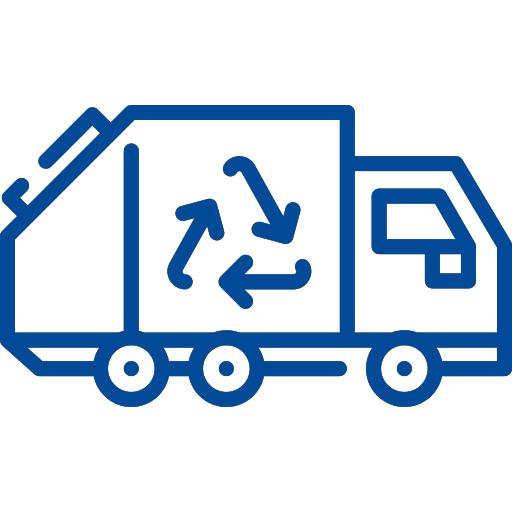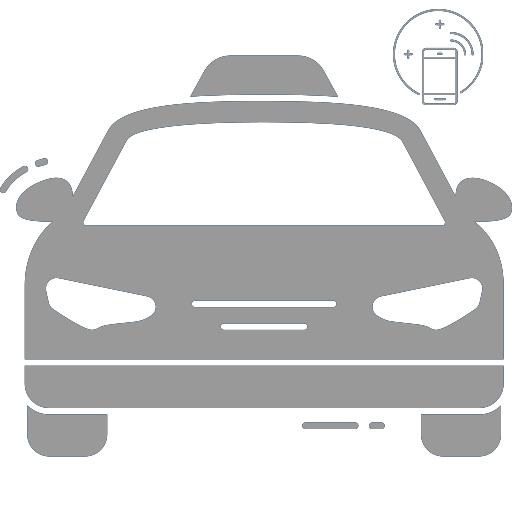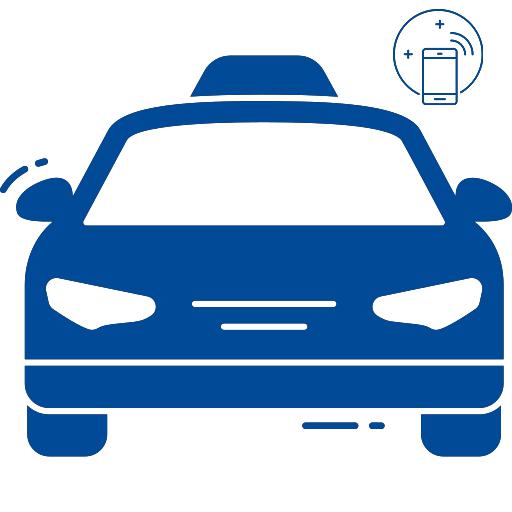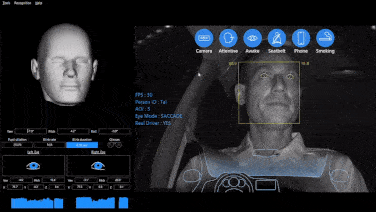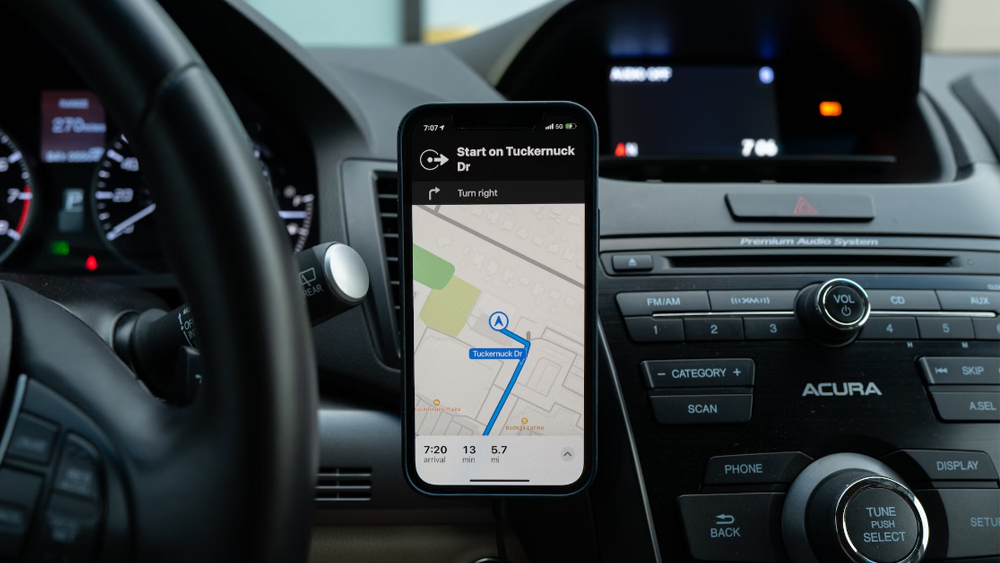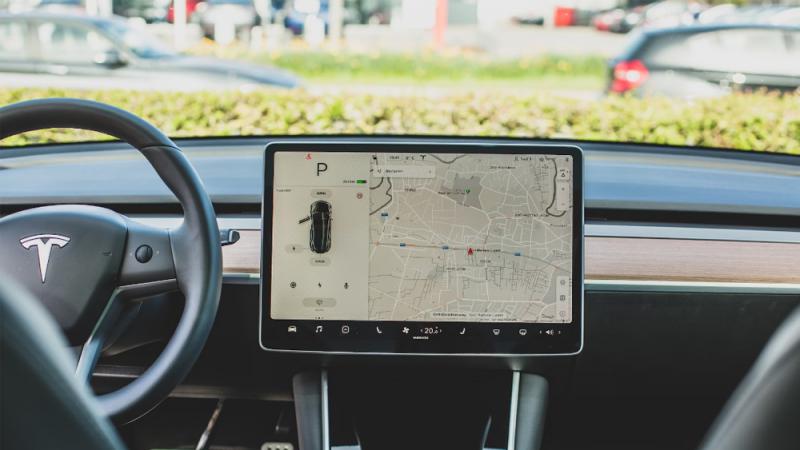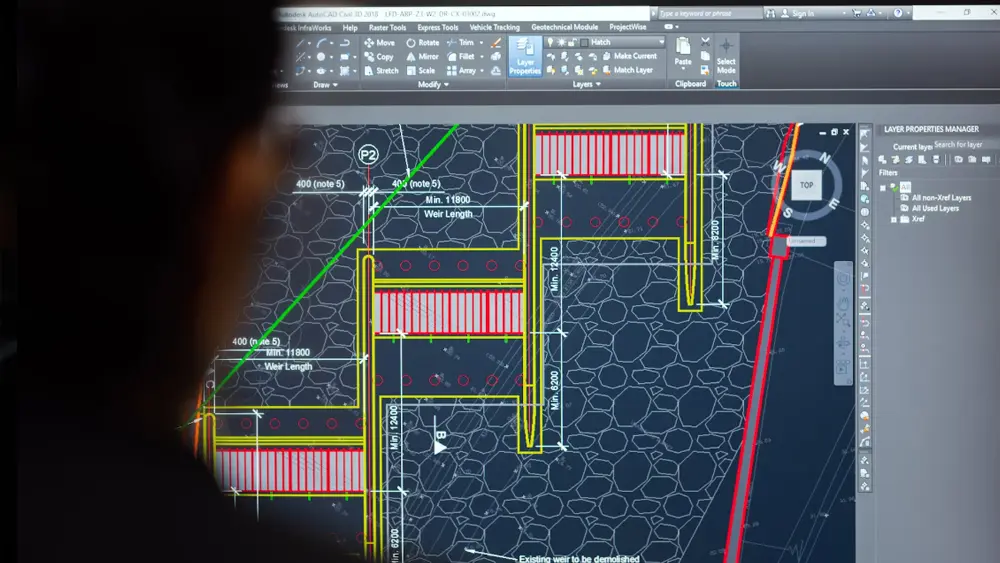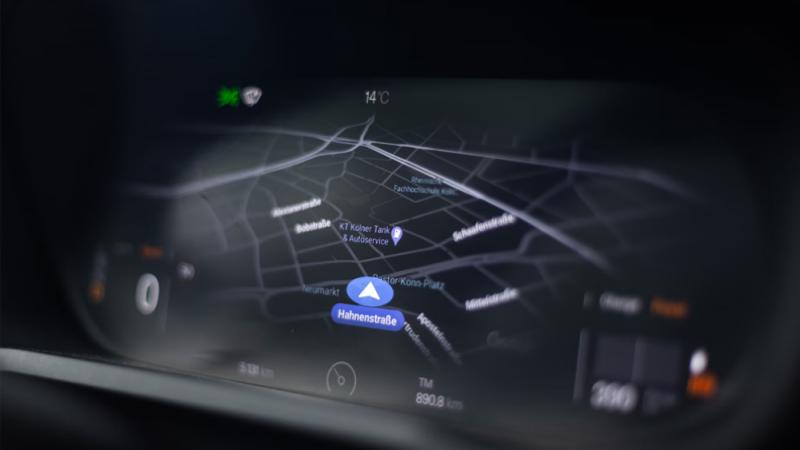GPS Vehicle Tracking System Empowers Fleet Management
Benefits of Fleet Tracking
In today’s highly competitive business environment, managing a fleet can be challenging, especially when it comes to tracking vehicle locations and optimizing operational efficiency. This is where GPS tracking technology excels. By implementing the GPS fleet tracking system developed by YUWEI, businesses can:
1. Significantly reduce costs
2. Enhance driver safety
3. Improve overall productivity
This article will explore how GPS vehicle tracking systems can transform fleet management for businesses of all sizes.

How GPS Tracking Helps Reduce Fleet Costs
Effective fleet management is all about making smarter decisions to eliminate unnecessary expenses. Here’s how GPS technology helps lower operational costs:
1. Reduce Fuel Waste
Speeding and prolonged idling can lead to significant fuel waste. With real-time data tracking, managers can quickly identify and alert drivers to correct fuel-wasting behaviors.
> Case Study:Campbell Oil Company, a fuel delivery service, saved over $1,800 in the first month alone by reducing idling time after implementing GPS tracking.
2. Route Optimization
GPS systems can analyze traffic data and road conditions to suggest more efficient routes, reducing unnecessary mileage.
> Case Study:Crescent Electric Supply Company cut 1,600 miles in a single month using just five vehicles, achieving a 93% return on investment.
3. Improved Dispatching
Large enterprises can use GPS systems to dispatch vehicles more efficiently. Dispatchers can assign tasks to the nearest available vehicle, reducing response times, fuel usage, and boosting customer satisfaction.
Boosting Fleet Productivity with GPS Tracking
Beyond cost savings, GPS systems also enhance day-to-day operational efficiency:
1. Real-Time Route and Schedule Adjustments
Fleet managers can adjust routes in real time to avoid traffic jams or bad weather, increasing the number of jobs completed daily.
2. Live Monitoring
Managers can track vehicle locations in real time and provide drivers with up-to-date instructions, ensuring a smooth and efficient service process.
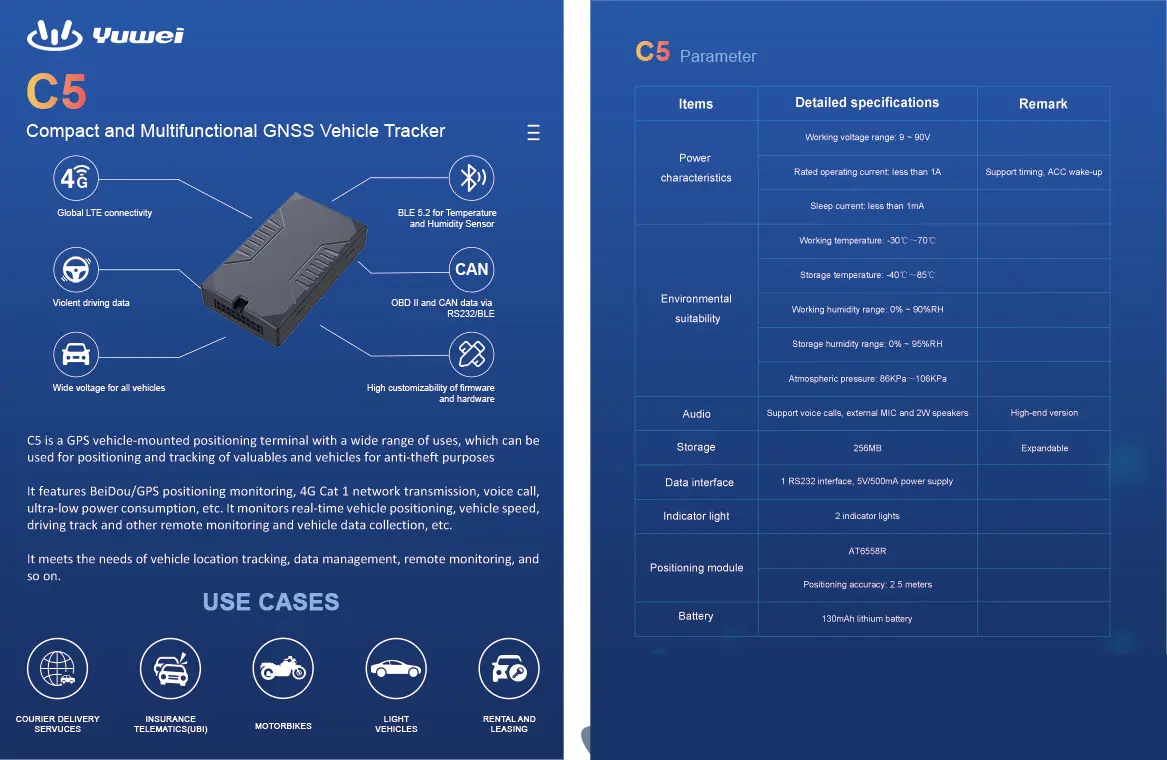
Enhancing Driver Safety with GPS
Driver safety is a key component of fleet management. GPS systems help raise safety standards in several ways:
1. Behavior Monitoring
The system can detect dangerous driving behaviors such as speeding, harsh acceleration, or sudden braking, allowing for timely corrective action.
2. Fewer Speeding Incidents
> Case Study:After implementing a GPS system, Cable One saw a 68% reduction in speeding incidents within just one month.
3. Navigation Assistance
GPS systems help drivers navigate unfamiliar routes safely, reducing the risk of getting lost and improving focus.
Reducing Carbon Footprint with GPS Technology
Environmental responsibility is becoming an essential part of sustainable business development. GPS systems contribute to this goal in the following ways:
1. Fuel Savings and Emissions Reduction
Optimized routes and reduced idling lower fuel consumption, which in turn cuts carbon emissions.
2. Maintenance Reminders
GPS systems can alert managers when vehicles are due for maintenance, ensuring efficient operation and reduced greenhouse gas emissions.
Conclusion: Why GPS Fleet Tracking Is Crucial for Business Growth
For businesses aiming to cut costs, enhance efficiency, improve safety, and support sustainability, a GPS fleet tracking system is a vital transformation tool. Whether you're managing a small company or a large fleet, GPS technology offers:
1. Smarter operational decisions
2. Higher customer satisfaction
3. A pathway to both financial and environmental goals
Investing in GPS is not just a tech upgrade—it’s a strategic move.
More : Taxi Dispatch Solution | Automotive Camera Suppliers | Taxi Fleet Management | Truck Blind Spot Camera


















